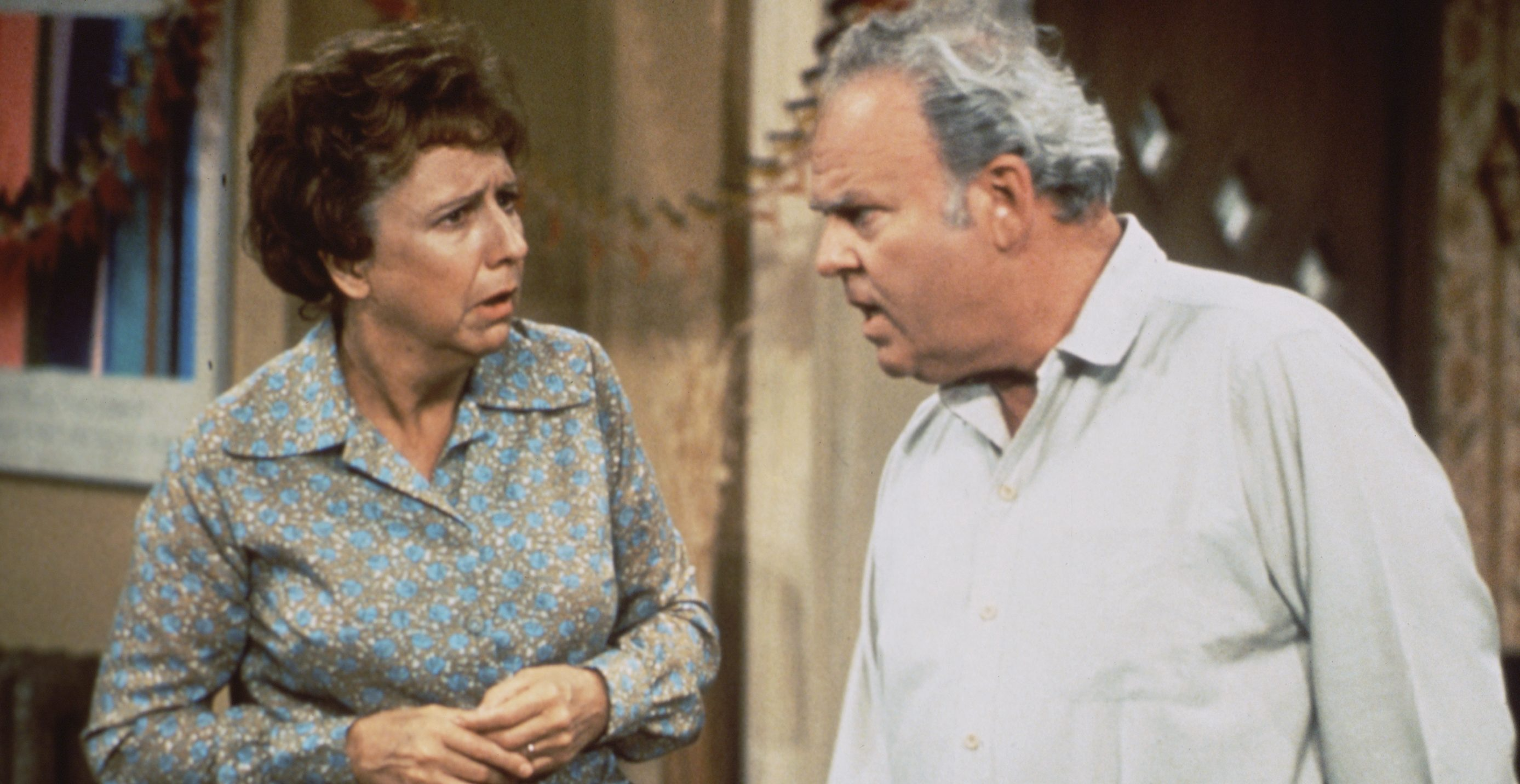
In an era where the political and cultural divide in America is more pronounced than ever, All in the Family feels eerily prescient. The show, which originally aired in 1971, tackled issues that are just as relevant today as they were over fifty years ago. The struggles between conservative and liberal ideologies, the challenges of a changing society, and the generational conflict that defined the 1970s still resonate in our modern world.
The beauty of All in the Family lies in its timelessness. At the heart of the show were characters who reflected the deep societal divisions of their time—most notably, Archie Bunker, the working-class patriarch whose staunch conservatism clashed with the more liberal values of his son-in-law Mike. The show used humor to address serious issues, such as race, gender roles, and class, in a way that made viewers laugh while also forcing them to think critically about the world around them.
A Mirror to Our Divided Society
One of the most striking things about All in the Family is how well it captures the cultural tensions of its time—tensions that have only intensified in the years since. Archie’s character, with his blatant racism, sexism, and homophobia, was a reflection of the conservative backlash to the social upheavals of the 1960s. In many ways, Archie represented the fears and anxieties of a nation struggling to adjust to a rapidly changing world.
Today, we are still grappling with many of the same issues. Whether it’s the ongoing debate over race relations, the #MeToo movement, or the political polarization that defines our national discourse, the themes of All in the Family feel as relevant as ever. Just like in the 1970s, the country is divided, with entrenched viewpoints on both sides. And while All in the Family was funny, it also gave us a glimpse into the ways in which these divisions can tear us apart.
The Show’s Unapologetic Boldness
What made All in the Family so revolutionary wasn’t just the issues it addressed, but the way it addressed them. The show didn’t shy away from uncomfortable truths. It didn’t sanitize the conversation or try to make its characters likable. Instead, it made us confront the ugly side of American society, while also showing us that change was possible.
By focusing on the Bunker family, the show presented a microcosm of America. Archie, as the embodiment of the old guard, was constantly at odds with Mike, who represented the new generation of progressive thinkers. This generational conflict, which played out in their interactions, mirrored the larger societal struggle of the time. And while All in the Family often poked fun at Archie’s outdated views, it also made us question our own beliefs, no matter where we stood on the political spectrum.
A Show That Started Conversations
What makes All in the Family so important is that it didn’t just entertain—it started conversations. The show’s boldness in tackling tough issues created a platform for societal dialogue that went beyond the TV screen. It encouraged viewers to examine their own beliefs, talk about the issues that divided them, and perhaps, most importantly, laugh about them.
In today’s polarized climate, All in the Family serves as a reminder that we need to be able to have tough conversations, even if they’re uncomfortable. While the world has changed in many ways since the 1970s, the challenges of living in a divided society remain. By tackling these issues with humor and empathy, All in the Family showed us that it’s possible to address the divisions that separate us while still finding common ground.
Conclusion
All in the Family wasn’t just a sitcom—it was a reflection of American society at a pivotal moment in history. Its characters, themes, and unflinching approach to tough issues made it one of the most groundbreaking shows of its time. And even decades later, it remains just as relevant. In today’s divided America, we could all stand to learn a thing or two from All in the Family—about understanding, about empathy, and about the power of laughter to bridge even the widest divides.
